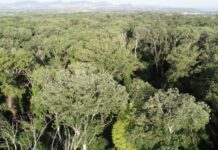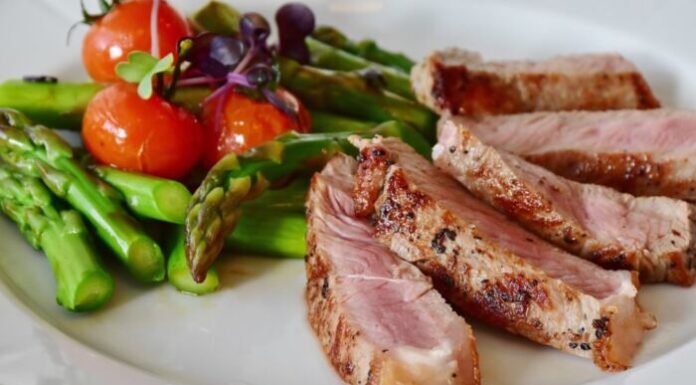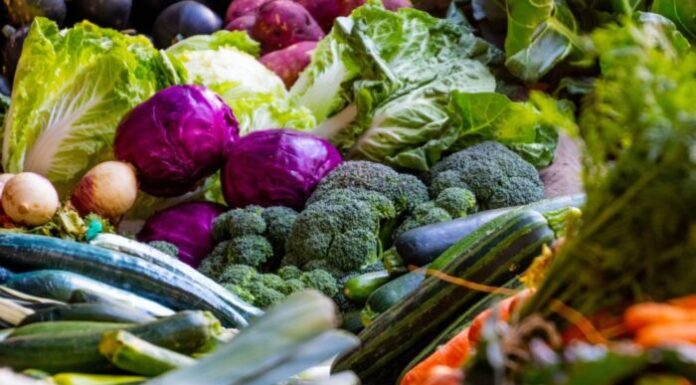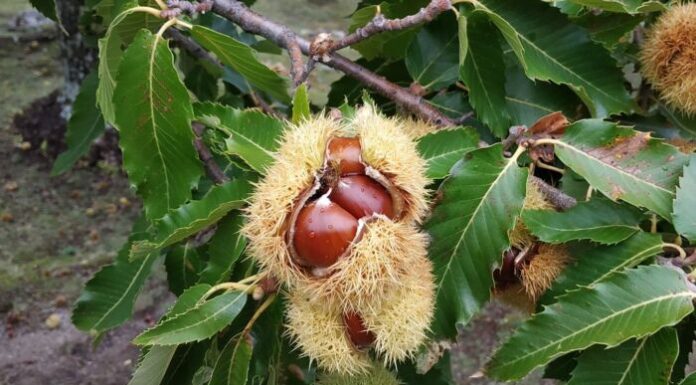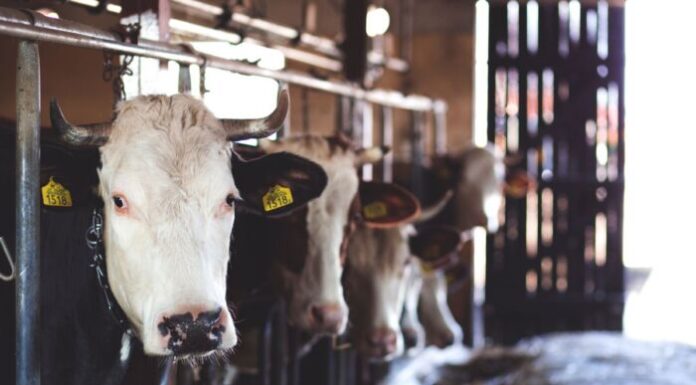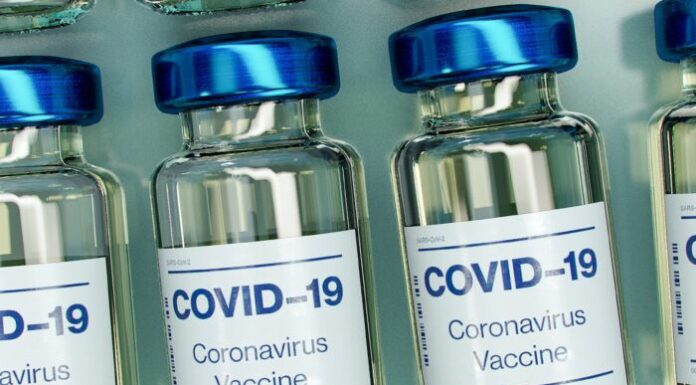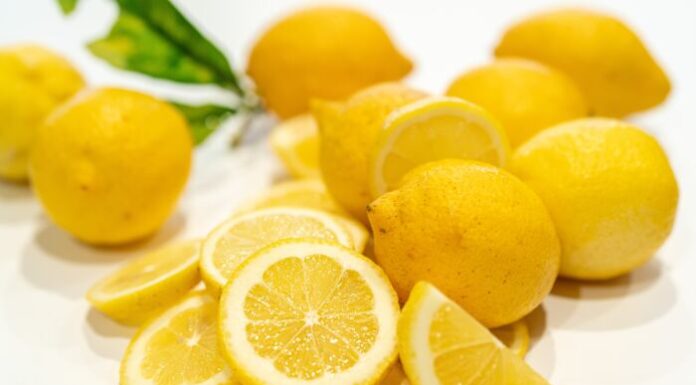Respect for nature starts from an early age and contact with
animals can be fundamental in this process, especially if it is a pet who lives
at home with his family. Dogs, cats, rabbits or other pets favor the cognitive
development of...
Eating meat regularly increases someone’s risk of developing heart disease, diabetes, pneumonia and other serious illnesses, research has found.
It is already known that intake of red and processed meat heightens the risk of being diagnosed with bowel cancer. But...
Excessive cold can pose a threat to health, especially for the elderly and people with chronic illnesses. Here is a guide to protect yourself from cold weather. When the outside temperature drops, our body activates thermoregulation mechanisms to maintain...
Family lunches and dinners with friends put a strain on our
body. After the Christmas holidays it is not uncommon to feel swollen and
weighed down due to the overeating of the previous weeks. So, it is a good rule
after January...
Plastic baby bottles release an average of 4 million microplastic particles per liter of formula milk fed. The data is the result of a study conducted by John Boland of Trinity College Dublin in Ireland, which also specified that...
Human reproduction is a complex biological process that occurs from the union of two cells or gametes, the female one, the oocyte or egg cell, and the male one, the spermatozoon (fertilisation). Fertilisation gives birth to the zygote, the...
They were once considered the "bread of the poor" for their extraordinary energetic and nutritional properties. Chestnuts, a typical autumn fruit, have a high nutritional power and bring numerous benefits to the body: chestnut flour is obtained from their...
Industrial production of animal products is a source of diseases and the next pandemic might spark from poultry, say the world’s leading authorities in emerging zoonotic diseases.
Already in 2004, the World Health Organization (WHO), the Food and Agriculture Organization...
The host: SARS-CoV-2 viruses infect human cells using a "key", called a "Spike protein", which allows them to enter cells and use their biological systems in order to replicate (replication of which they are not capable independently), causing the...
The leftovers from lemon processing become supplements and nutraceuticals thanks to the innovative methodology patented by ENEA in collaboration with the Innovative Start-Up Navhetec and Agrumaria Corleone. The supplements and nutraceuticals obtained from the processing of lemon waste can...





























